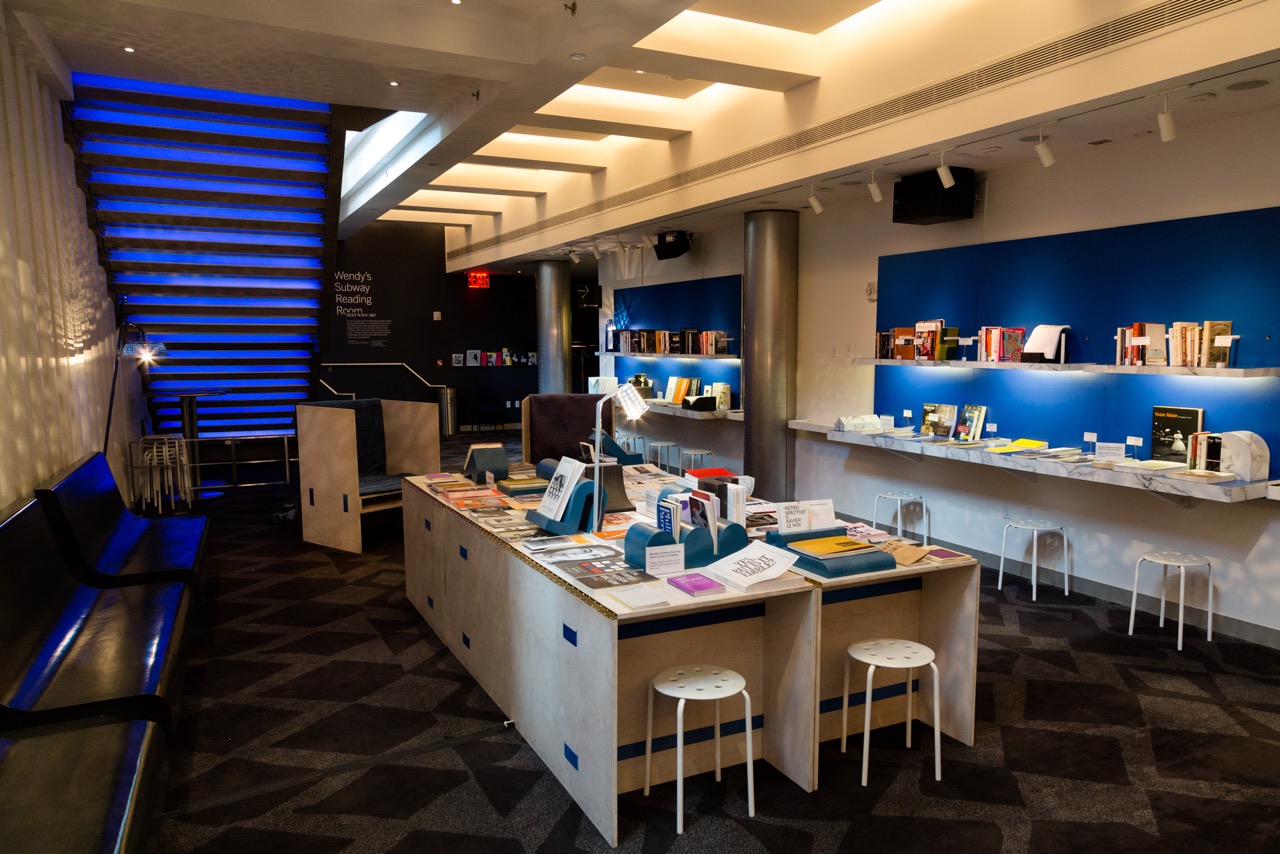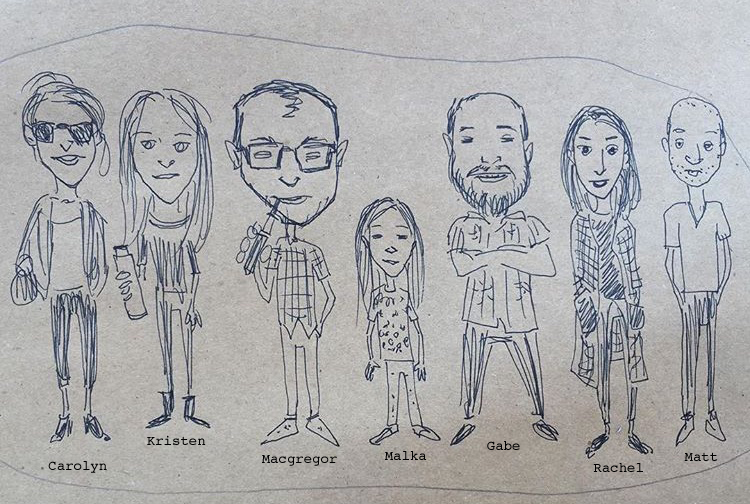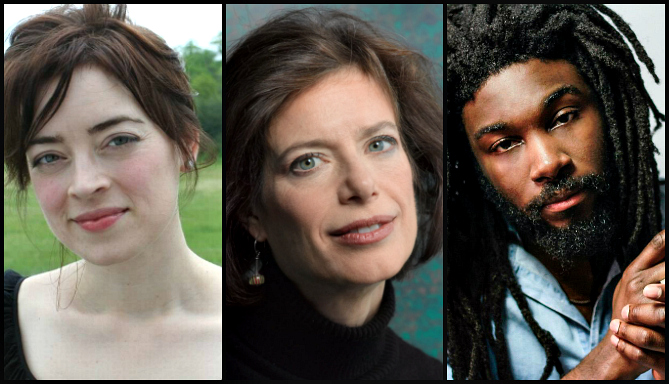Upcoming Prose Contest Deadlines
Do you write novels, short stories, or essays? Spend some time this weekend polishing those manuscripts; below is a round-up of prose contests with a deadline of November 15. These contests offer prizes ranging from $1,000 to $20,000, as well as publication.
For short prose writers looking to submit a full-length manuscript, the Pleiades Press Robert C. Jones Prize for Short Prose awards $2,000 and publication by Pleiades Press for a collection of short stories, flash fiction, essays, or lyric essays. Jenny Boully will judge. Submit a manuscript of 90 to 200 pages with a $25 entry fee.
Another opportunity for short prose writers—very short prose writers, that is—is Quarter After Eight’s Robert J. DeMott Short Prose Contest, which awards a prize of $1,008.15 and publication in Quarter After Eight for a single prose poem, a short short story, or a micro-essay. Ander Monson will judge. Submit up to three pieces of no more than 500 words each with a $15 entry fee, which includes a subscription to Quarter After Eight.
In addition to $3,000 and publication in Writer’s Digest, the winner of Writer’s Digest’s Short Short Story Competition will receive an all-expenses-paid trip to the Writer’s Digest Conference in August 2017 in New York City. Using the online submission system, submit a story of up to 1,500 words with a $20 entry fee; the entry fee goes up to $25 after November 15.
One of the world’s richest prizes for a collection of short fiction, the Story Prize annually awards $20,000 for a book published in the previous year. Two runners-up will each receive $5,000, and one entrant will receive the $1,000 Story Prize Spotlight Award, given for a collection that merits further attention. Larry Dark and Julie Lindsey will select the three finalists and the Spotlight Award winner; Harold Augenbraum, Sarah Shun-lien Bynum, and Daniel Goldin will choose the Story Prize winner. Publishers, authors, or agents may submit two copies of a book published between July 1 and December 31, 2016 with a $75 entry fee. (The deadline for books published during the first half of the year was July 15.)
The Pushcart Press Editors’ Book Award occasionally offers a prize of $1,000 for a fiction or nonfiction manuscript that has been rejected by a commercial publisher and “overlooked by today’s high-pressure, bottom-line publishing conglomerates.” An editor at a U.S. or Canadian publishing company must submit a formal letter of nomination. There is no entry fee.
Visit the contest websites for complete guidelines and submission details. For more upcoming contests, visit our Grants & Awards database and Submission Calendar.







